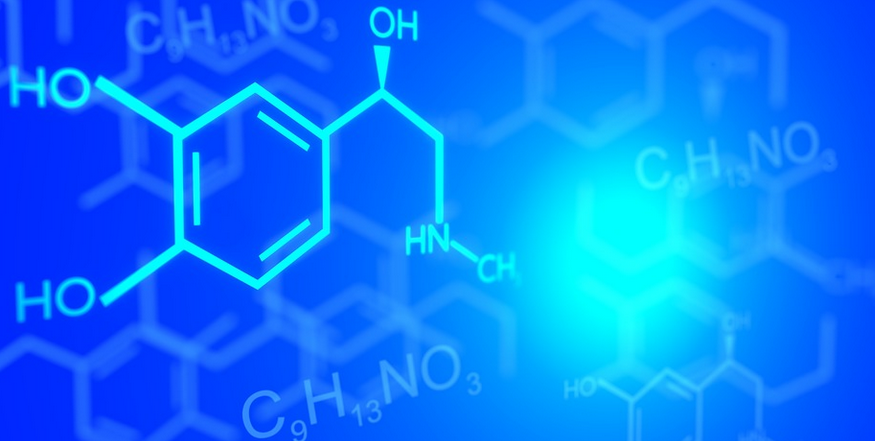Introduction
Nuclear chemistry is an important branch of chemistry that deals with the study of atomic nuclei and their properties. In recent years, there has been an increasing interest in nuclear chemistry due to its wide range of applications in various fields such as medicine, energy production, and environmental science. In this article, we will discuss some of the important questions related to nuclear chemistry in the year 2023.
What is Nuclear Chemistry?
Nuclear chemistry is the study of the properties and behavior of atomic nuclei. It includes the study of nuclear reactions, radioactive decay, and nuclear fusion and fission. Nuclear chemistry is important because it has a wide range of applications in various fields such as nuclear energy, nuclear medicine, and environmental science.
What are the Different Types of Nuclear Reactions?
There are two types of nuclear reactions: fusion and fission. Fusion occurs when two atomic nuclei combine to form a heavier nucleus, while fission occurs when a heavy nucleus splits into two or more smaller nuclei. Both fusion and fission reactions release a large amount of energy, which can be harnessed for various applications.
What is Radioactive Decay?
Radioactive decay is the process by which an unstable atomic nucleus loses energy by emitting radiation in the form of alpha, beta, or gamma particles. This process can lead to the formation of a more stable nucleus, but it can also lead to the formation of a different element altogether.
What is Nuclear Energy?
Nuclear energy is the energy released during a nuclear reaction. It can be harnessed through nuclear power plants to generate electricity. Nuclear energy is a controversial topic due to its potential risks and safety concerns, but it is also seen as a promising alternative to traditional fossil fuels.
What is Nuclear Medicine?
Nuclear medicine is a branch of medicine that uses small amounts of radioactive materials to diagnose and treat diseases. It is used to image the body and to treat cancer, heart disease, and other medical conditions.
How is Nuclear Chemistry Used in Environmental Science?
Nuclear chemistry is used in environmental science to study the impact of nuclear radiation on the environment. It is used to monitor radiation levels in the air, water, and soil, and to assess the risks associated with nuclear accidents and nuclear waste disposal.
What are the Risks and Challenges of Nuclear Chemistry?
Nuclear chemistry is associated with several risks and challenges, including the potential for nuclear accidents and the safe disposal of nuclear waste. There is also concern about the proliferation of nuclear weapons and the potential for nuclear terrorism.
What is the Future of Nuclear Chemistry?
The future of nuclear chemistry is uncertain, but it is likely that it will continue to play an important role in various fields such as medicine, energy production, and environmental science. There is a growing interest in developing new technologies that can harness the power of nuclear reactions in a safe and sustainable manner.
Conclusion
In conclusion, nuclear chemistry is an important branch of chemistry that has a wide range of applications in various fields. It is important to stay informed about the latest developments in nuclear chemistry and to be aware of the risks and challenges associated with it. By doing so, we can ensure that nuclear chemistry is used in a safe and responsible manner for the benefit of society.

